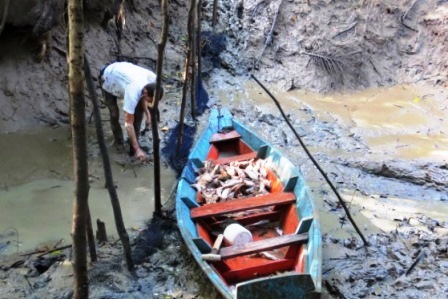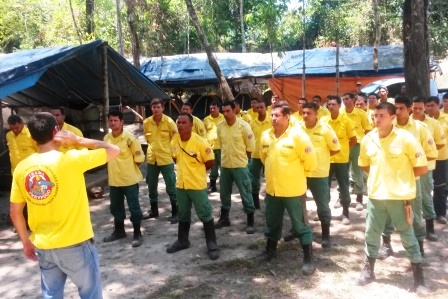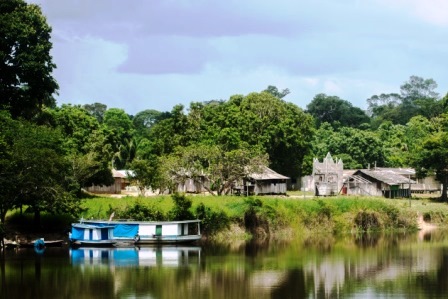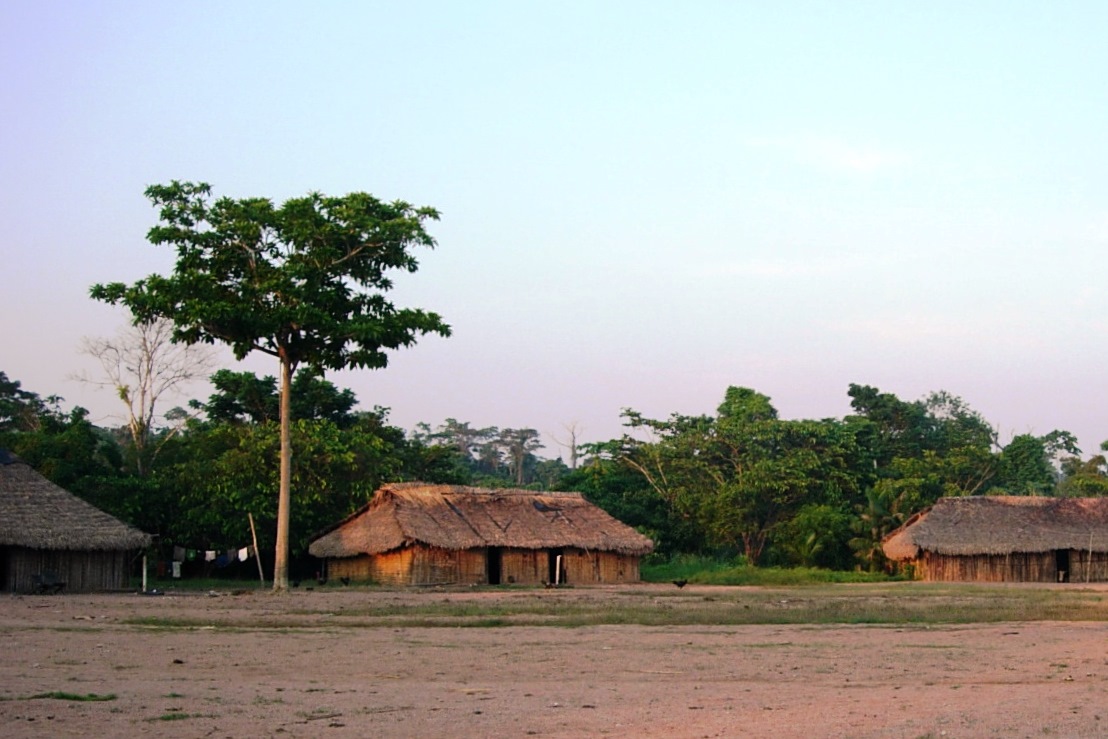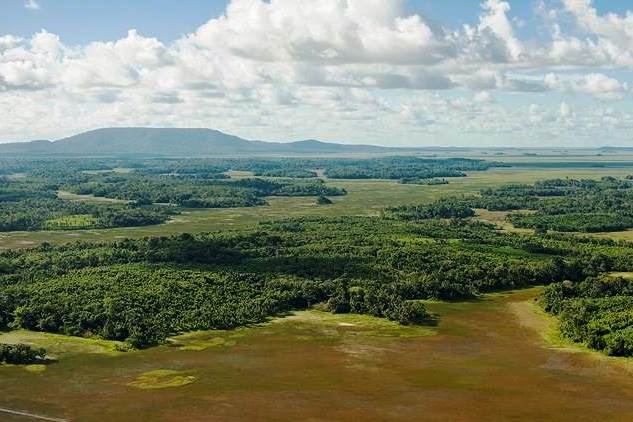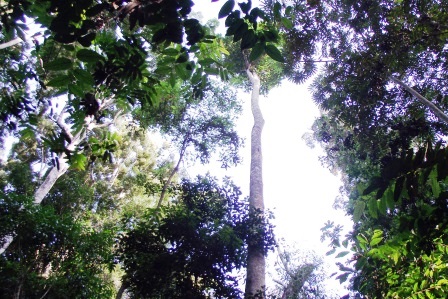CONTEXT
Throughout its 34 years of existence, the Brazilian Institute of the Environment and Renewable Natural Resources (IBAMA) has stood out in the fight against environmentally harmful practices across the country. It exercises environmental police power through control and enforcement activities aimed at promoting deterrence and, thus, preventing and curbing environmental violations and their resulting damage.
In the Legal Amazon alone, between January 2019 and May 2023, more than 20,000 infraction notices were issued, 8,000 embargoes were imposed, and fines totaling R$ 9 billion were applied. With the institutional strengthening made possible by the project, it is expected that this scenario will be reversed by promoting greater speed and integration in the administrative sanctioning process—from the detection of the infraction to the enforcement of penalties.
This is because IBAMA’s enforcement actions represent the most effective immediate strategy for controlling deforestation, serving as a pioneering effort in laying the groundwork for the implementation of structural public policies capable of generating more lasting effects in the medium and long term.
The initiative is aligned with the guidelines of the Action Plan for the Prevention and Control of Deforestation in the Legal Amazon (PPCDAm), the National Strategy for REDD+ (ENREDD+), and the National Policy on Climate Change (PNMC).
THE PROJECT
The project is divided into five components, as follows:
Component 1: Remote Monitoring and Enforcement of Deforestation
Implement innovative remote enforcement solutions by integrating geotechnologies, remote sensing, artificial intelligence, and geospatial information to combat environmental crimes in the Brazilian Legal Amazon.
Key deliverables include systems for remote issuance of fines and embargoes, monitoring of forest management plans, vegetation recovery, and illegal activities in protected areas and Indigenous lands, as well as the creation of a platform to integrate geospatial data.
Component 2: Digital Systems for Environmental Control and Enforcement
Development and enhancement of digital enforcement systems aimed at increasing the effectiveness of the administrative sanctioning process and improving control over the activities of regulated entities, thereby creating a favorable environment for environmental protection.
This component will include the development of digital systems for managing infraction notices, issuing environmental certificates, controlling the mercury supply chain, and tracking forest products. It also includes the implementation of the Zero Deforestation Monitoring System (LabDeZ). Technical support will be contracted for case screening, and in-person and remote training will be provided for federal and state environmental agents.
Component 3: Operational Resources
IBAMA has been working to increase the number of enforcement agents through training programs and expanding its staff via public service exams. However, it is essential to simultaneously implement a robust qualitative improvement of environmental enforcement by incorporating more sophisticated and modern operational tools, which will in turn enhance the efficiency and safety of field operations.
Investments will support the construction of a national operational training center for IBAMA, storage facilities for confiscated goods in the states of Pará, Rondônia, and Mato Grosso, and the acquisition of equipment such as mobile bases in containers and off-road trailers, field tents, VHF radio communication systems, and satellite internet connectivity kits. These resources will allow for greater territorial presence and quicker field response.
Component 4: Aerial Resources
Upgrade IBAMA’s aerial capacity to ensure safe and efficient command-and-control operations in areas impacted by high-intensity predatory activities (e.g., illegal mining and logging), particularly in Indigenous Lands, while also providing aerial support for the prevention and suppression of large-scale forest fires.
This component will support the acquisition of rotary-wing aircraft with high water-carrying capacity and ballistic protection, as well as remotely piloted aircraft systems (fixed-wing drones with vertical take-off and landing). It also includes the installation of four operational bases with hangars and eight strategically located helipads across key areas of the Legal Amazon.
Component 5: Project Management and Governance
Ensure effective project management and governance through instruments that guarantee its feasibility, while also promoting deterrence of environmental offenses by training state environmental agency staff and strengthening public communication strategies.
This component includes the establishment of a Project Management Unit (PMU), composed of IBAMA staff and specialized consultants. This team will be responsible for coordinating the technical, financial, and institutional implementation of FORTFISC. It will also organize scientific and technical events, develop training courses, and promote cooperation with state agencies and neighboring Latin American countries in combating illegal deforestation.
INTERVENTION LOGIC
The project falls under the "monitoring and control" component (2) of the Amazon Fund Logical Framework.


